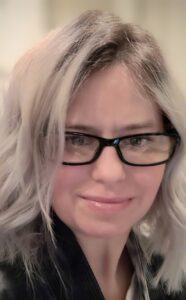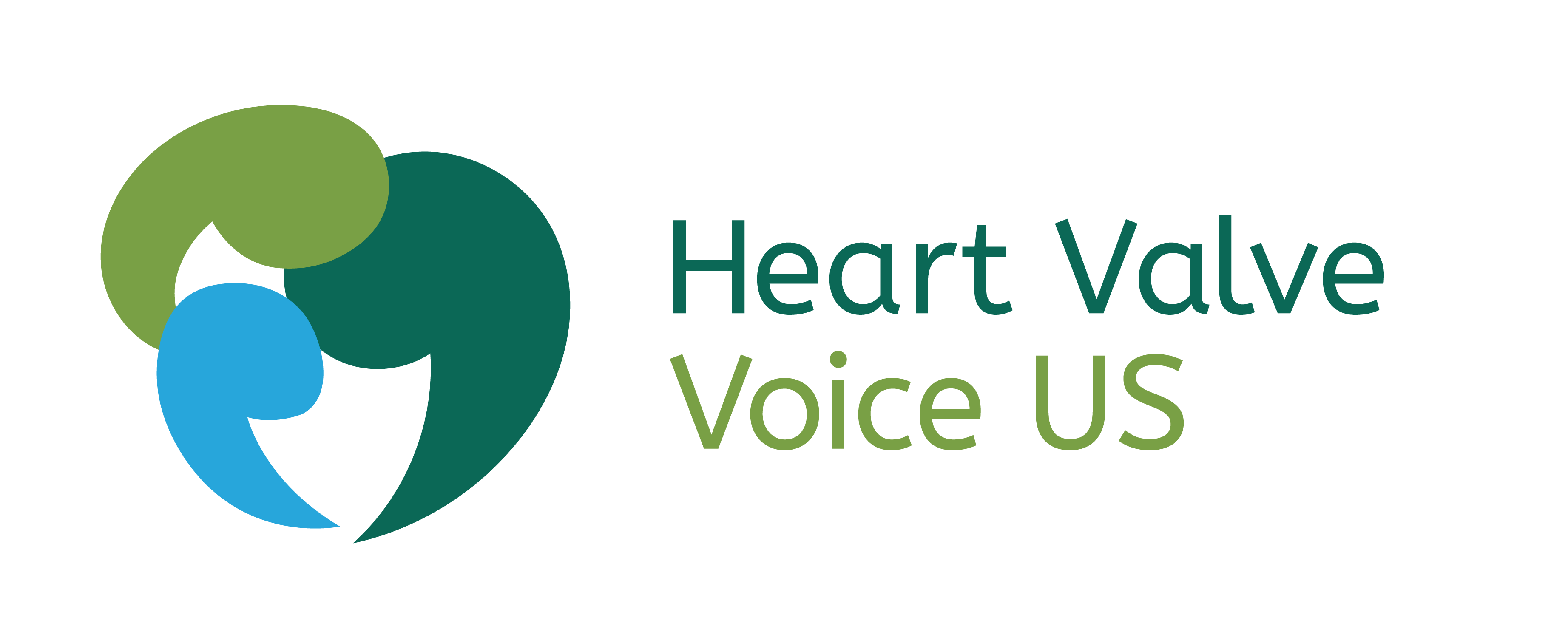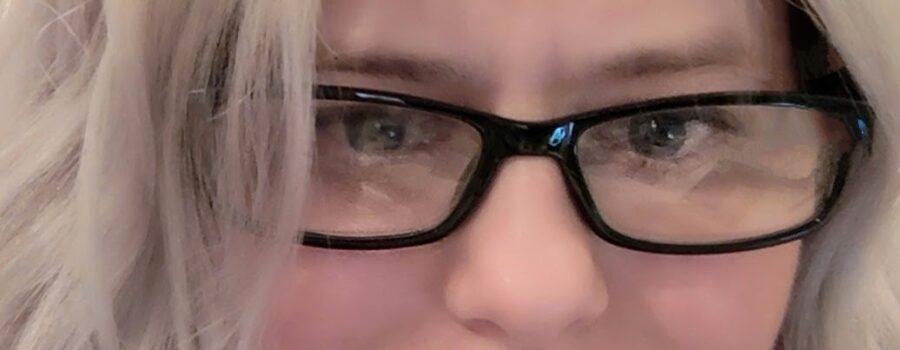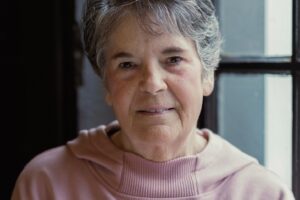 Can you share your experience with heart valve disease?
Can you share your experience with heart valve disease?
I was born with Tetralogy of Fallot, a congenital heart defect. Although my mother knew of my diagnosis before I was born in 1976 – no one could predict its full impact. At just three weeks old, I underwent my first bypass surgery so I could grow strong enough for full corrective surgery at age five.
Tetralogy of Fallot impacts the pulmonary valve, which eventually needed to be replaced – something my doctors didn’t fully explain early on. Despite my diagnosis, I stayed active in sports growing up, with only a few precautions to avoid overexertion.
During my junior year of high school, a routine echocardiogram revealed my pulmonary valve had developed a small tear and was leaking. I had surgery soon after. This was my most difficult experience emotionally, which led to a period of depression. I kept up with regular check-ups through college and stayed healthy up until 2020.
I delayed my cardiologist visits and put off surgery until 2023. And I felt a lot of guilt and shame around that. As my pain worsened, I advocated for myself to speed up the process. In March 2023, I had a transcatheter pulmonary valve replacement and felt an immediate sense of relief. Since then, I have been back to living an active life.
What encouraged you to become a patient advocate?
Advocacy has always been part of my life. I have experienced advocacy in other areas of my life, and I deeply believe that healthcare access is worth fighting for. For me, heart valve disease is a silent disease that knows no boundaries – and when your life is at stake, there are no second chances.
Have you experienced any issues accessing treatment for your valve disease?
I didn’t have health insurance after aging out of my parents’ coverage. As an adult, I relied on the Affordable Care Act when I needed my valve replacement surgery – which made a big difference in my ability to receive care.
How did you get involved with Heart Valve Voice US and other heart health advocacy organizations?
My lived experiences have driven me to speak up. I want to show others that heart valve disease doesn’t have to limit what is possible. I am passionate about being the voice that proves people with valve disease can still do amazing things.
In your opinion, how can patients, health professionals, and advocacy groups keep raising awareness about valve disease?
I believe it starts with speaking up. Patients shouldn’t be afraid to ask questions and share concerns with their full care team. Collaboration among providers is key. I manage other health conditions too, and I value having a medical team that works together. I would like to remind patients that their voices matter: If something doesn’t feel right, say something.
What’s one fun fact others may not know about you?
I once made it onto ESPN for water skiing!


